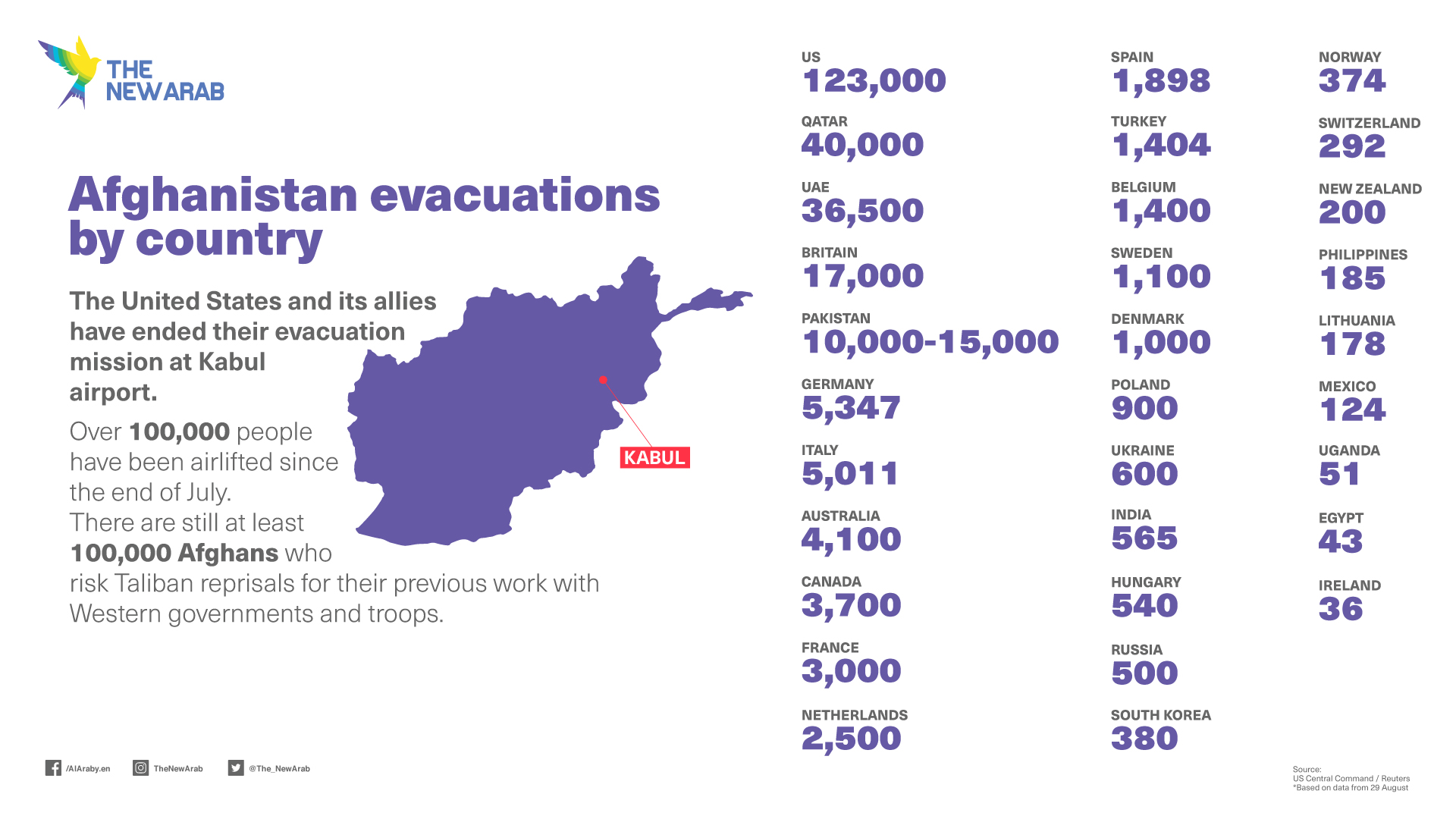Afghan interpreters who 'clearly qualify' for UK aid scheme may be left behind
A UK government minister has admitted that not all Afghans who worked as interpreters or helped the British armed forces in Afghanistan will be accepted onto a scheme designed to help them.
During a parliamentary session, James Heappey, Minister for the Armed Forces, told MPs that it was “not possible” for everyone who is at risk to be given aid under the Afghan Relocations and Assistance Policy (ARAP).
The issue was brought up by Labour Party MP Clive Efford, who said that he knew people who qualified for the scheme but had been refused.
In response, Heappey said: “I know that’s a disappointment to many members of the House who are working hard to support people who are in Afghanistan, and who they consider to be at risk.
“But it’s not possible for us to bring out everybody who’s had a connection with the UK armed forces under the ARAP scheme. That’s why the terms were sent out as tightly as they were”.
He added that 15,000 people had been evacuated in Kabul airlifts, but that there were “hundreds of people” who had qualified but were unable to leave Afghanistan.
"It will take some time for the dust to settle on exactly who is out and who we have yet to bring out, but we are still working very hard to do so," he said, adding that "the security situation is dynamic, our partnerships in the region are being developed, but we have every confidence, we'll be able to help those that need help".
Critics have accused the British government of not taking the care of Afghans seriously after Defence Minister Ben Wallace’s department accidentally revealed the email addresses of more than 250 Afghan interpreters seeking to move to the UK earlier this week.
Ben Wallace told parliament that the error, which saw the hundreds of Afghans openly included rather than blind copied on a weekly email sent out late in the afternoon last Monday, was "unacceptable".
Vulnerable recipients who are potentially eligible for relocation following the Taliban takeover in Afghanistan had been warned as soon as the blunder was spotted and given advice on what to do, he said.
"It is an unacceptable level of service... and on behalf of the ministry of defence I apologise," Wallace told MPs.
"To say I was angered by this was an understatement and I immediately directed investigations take place," he added.
"One individual has been suspended pending the outcome of the investigation and processes for data handling and correspondence processing have already been changed."
Wallace confirmed the email was sent by a defence ministry official to a group of Afghans potentially eligible for relocation to Britain and includes around 260 people still inside Afghanistan.

Many of the email addresses also contained photographs.
An interpreter told the BBC the mistake "could cost the life of interpreters, especially for those who are still in Afghanistan".
Wallace insisted his department would cooperate with a probe by Britain's data regulator and pledged to continue processing evacuations.
"I offer the reassurances that the scheme will continue to operate, bring people back to the United Kingdom, however many are eligible, for however long it takes," he said.
But the mistake has angered some members of the UK's ruling Conservative Party.
Conservative MP and former veterans minister Johnny Mercer called the data breach a "criminally negligent performance".
Tobias Ellwood, the Conservative chair of parliament's defence committee, urged Wallace to step up the efforts and even "to find clandestine means of leading these people to safety" if necessary.
The email error is the latest of several such mistakes by the UK's Defence Ministry.


